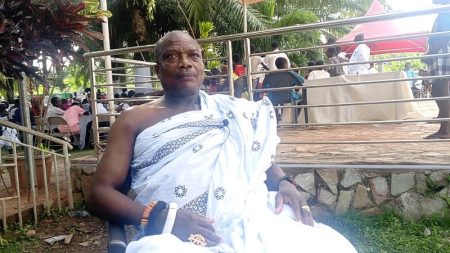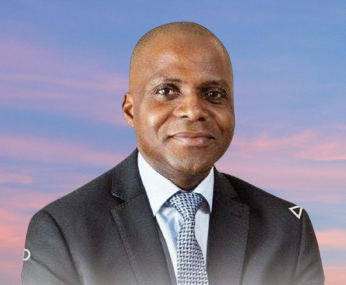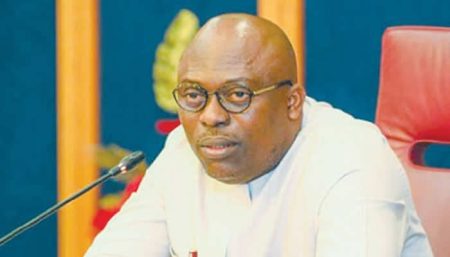The tranquil community of Iruekpen in Edo State, Nigeria, has been thrown into a state of unease following a resurgence of cult-related activities, allegedly spearheaded by the Eiye Confraternity. Residents have voiced their anxieties and apprehensions, fueled by reports of the group’s members regrouping at the residence of Marcus Onobun, the Member Representing Esan West, Esan Central, and Igueben Federal Constituency in the House of Representatives. These whispers of association have ignited accusations against Onobun, alleging his complicity in fostering insecurity within the community. This unfolding narrative has painted a picture of a community wrestling with fear and uncertainty, seeking answers amidst troubling allegations.
In response to the swirling rumors, Onobun, a former Speaker of the Edo State House of Assembly, has vehemently denied any involvement with the cult activities. Issuing a formal statement, he categorically refuted the allegations, labeling them as unfounded, malicious, and politically motivated attempts to smear his reputation and undermine the trust he has cultivated within the community. He underscored his commitment to peaceful coexistence, democratic principles, and the rule of law, highlighting his track record of empowering youth through education, skills acquisition, and community development initiatives – all of which stand in stark contrast to the destructive nature of cultism.
Onobun further asserted that his last visit to Edo State was on April 22, 2025, implying a deliberate attempt to fabricate a connection between him and the recent events. He emphasized that the clash, according to reliable sources, originated between two individuals at a brothel within the cattle market, a location far removed from his residence. He stressed his commitment to the security and safety of his constituents, citing the recently commissioned police station in Iruekpen as evidence of his dedication to maintaining peace and order.
In a direct appeal to the media and the public, Onobun urged responsible dissemination of information, emphasizing the importance of verifying facts before spreading potentially damaging rumors. He called for an end to character assassination, advocating for unity, progress, and constructive dialogue within the community. He reiterated his unwavering commitment to serving his people and fostering the peace, growth, and development of Iruekpen and the entire federal constituency. He vowed that these smear campaigns would not deter him from fulfilling his mandate and upholding truth, justice, and good governance.
This unfolding situation in Iruekpen underscores the delicate balance between freedom of expression and responsible reporting. While citizens have a right to voice their concerns and anxieties, it is equally crucial to ensure that accusations are substantiated by evidence and not fueled by malicious intent. The potential for misinformation to escalate tensions and incite further unrest highlights the need for diligent fact-checking and responsible reporting, especially in volatile situations.
The allegations against Onobun and his subsequent denial create a complex narrative that demands careful consideration. Whether these accusations are a genuine reflection of community concerns or a politically motivated attack remains to be seen. A thorough investigation is necessary to uncover the truth and restore peace and confidence within the community. The future of Iruekpen hinges on the ability of its leaders and citizens to navigate these challenging circumstances with wisdom, transparency, and a commitment to justice. Only then can the community heal and move forward towards a future free from fear and uncertainty.














